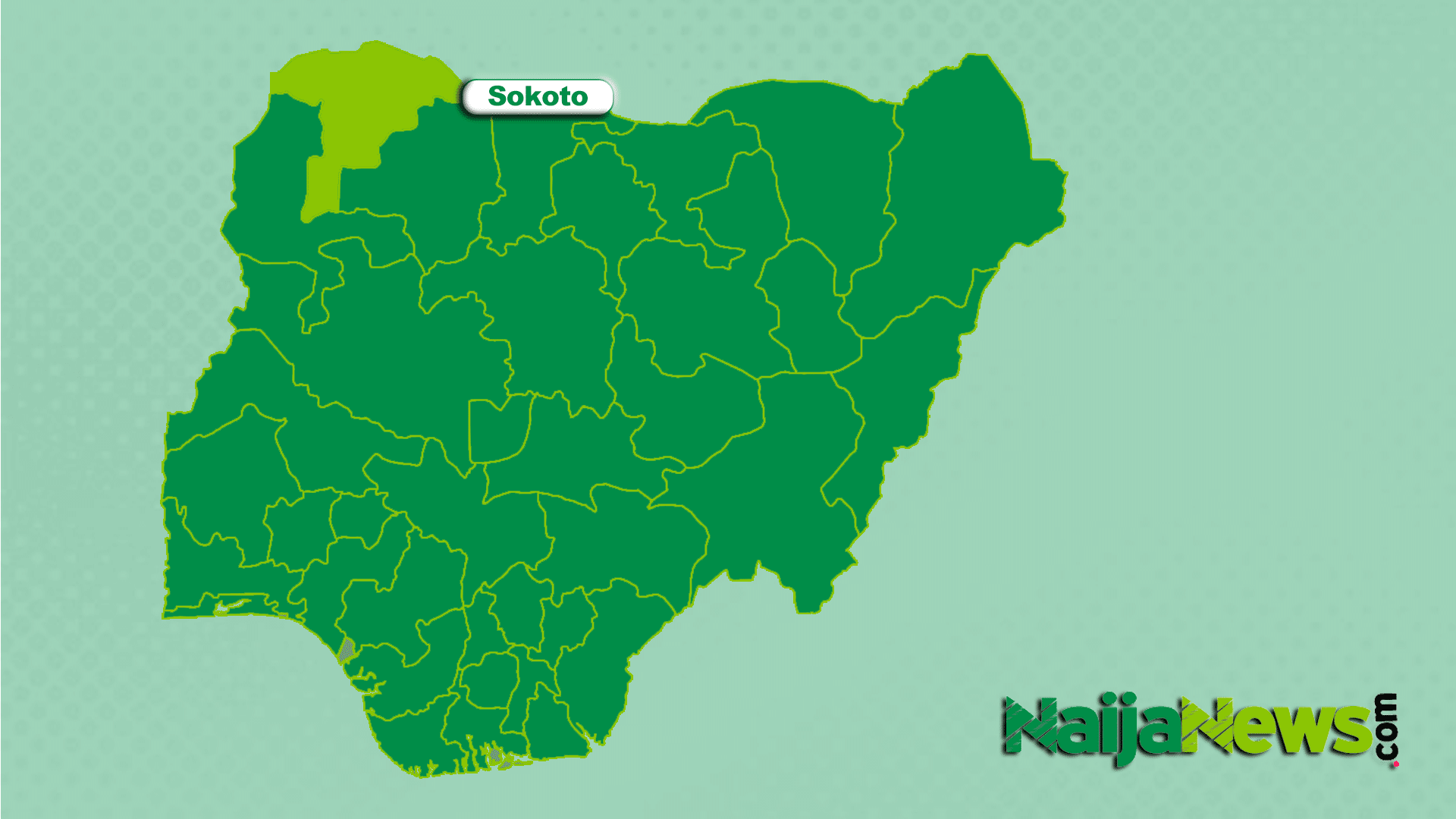Nigeria is facing significant health and economic challenges due to the persistent problem of open defecation, with an estimated $1.5 billion lost annually to related health issues and reduced productivity.
This stark figure includes the cost of medical treatment, loss of productivity, and premature deaths linked to diseases like diarrhoea, cholera, and malnutrition, which are exacerbated by poor sanitation and water contamination.
In response to this growing concern, the federal government of Nigeria, in collaboration with the United Nations Children’s Fund (UNICEF), organised a private sector consultation for the CLEAN NIGERIA CAMPAIGN, on Tuesday-Wednesday, in Lagos, to renew effort to eliminate open defecation by 2030, in line with the United Nations’ Sustainable Development Goals (SDGs).
The director of Water Quality, Sanitation, and Hygiene at the Federal Ministry of Water Resources and Sanitation (FMWRS), Mrs. Elizabeth Ugoh, said despite efforts to attain open defecation-free status, only 126 local governments out of 774 have achieved this goal. Ugoh emphasised the need for increased investment, improved infrastructure, and stronger partnerships to address these challenges, while calling on the private sector to play a more active role in supporting sanitation initiatives.
UNICEF Nigeria chief of Water, Sanitation and Hygiene (WASH), Dr Jane Bevan, said with an estimated 48 million people lacking access to toilets, Nigeria remains one of the world’s worst offenders for open defecation. To end the menace, Bevan said the government cannot solve this problem alone, while calling for a multi-faceted approach that includes the private sector. “There is need for private businesses to invest in public toilets, particularly in urban areas like Lagos,” she added.
On her part, the chief of the UNICEF Lagos Field Office, Céline Lafoucriere, urged the private sector to play a more significant role in addressing Nigeria’s sanitation crisis, which affects an estimated 48 million people. Highlighting the urgent need for investment and partnerships to improve sanitation infrastructure and promote behavioural change, she emphasised the critical importance of private sector involvement in achieving universal access to sanitation.
“We need all hands on deck because this is a vital and major work that we have to do today with an estimated 11 million toilets to be built across Nigeria. This is a huge economic opportunity for the private sector, the population and government as well. The Nigerian government, development partners, and the private sector must work together to address this pressing issue.”
The director general, Lagos Chamber of Commerce and Industry (LCCI), Dr Chinyere Almona, noted that over 48 million people in Nigeria still practice open defecation, contributing to a staggering annual loss of $1.5 billion due to health-related issues and reduced productivity. Investing in improved sanitation not only addresses these critical health concerns but also promises substantial economic returns, Almona said, while citing studies that showed a significant return on investment in sanitation, with potential economic benefits of up to $5.50 for every $1 spent.
Reacting on behalf of the private sector, the representative of the Nigerian Economic Summit Group (NESG), Mr Nyananso Ekanem, pledged NESG’s support in building toilets and sanitation facilities in public places, schools, and communities, improving the management of wastewater and faecal sludge, and ensuring access to safe drinking water. “We will work with the government and UNICEF to identify investment opportunities and make sure they happen. Making them happen means we will identify business case for businesses and bring in some test projects to be sure that we can have private sector invest over a period of time,” he stated.

 1 week ago
27
1 week ago
27















 English (US) ·
English (US) ·